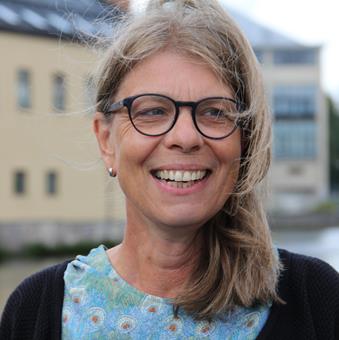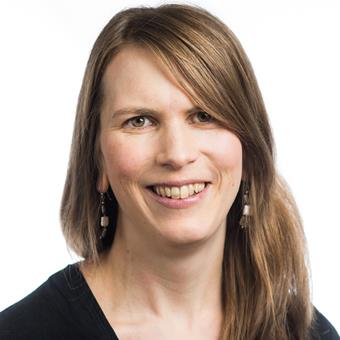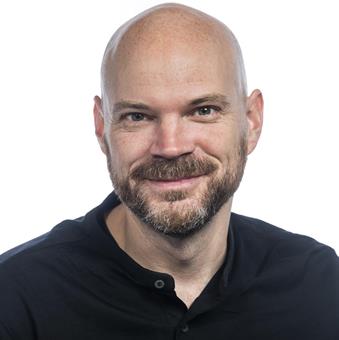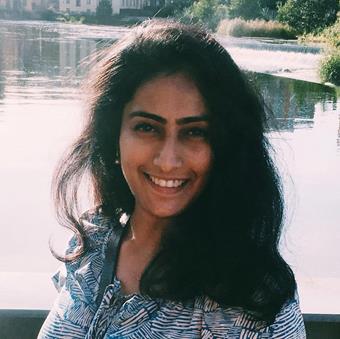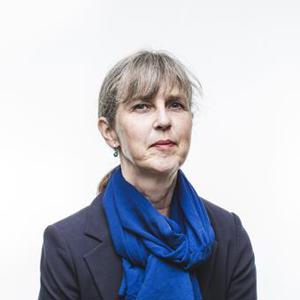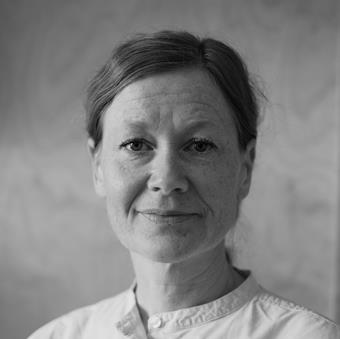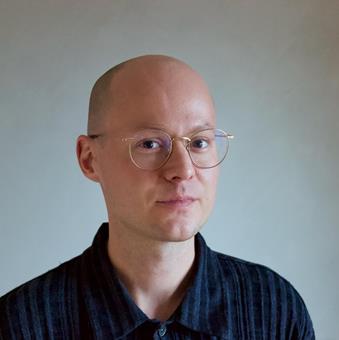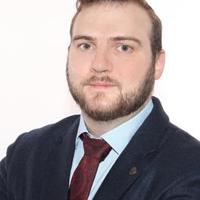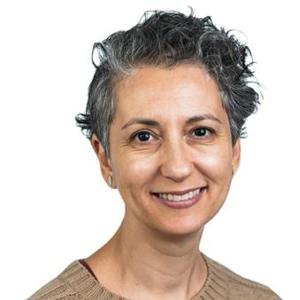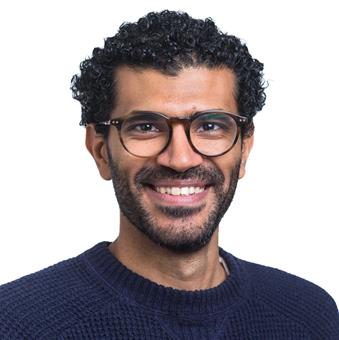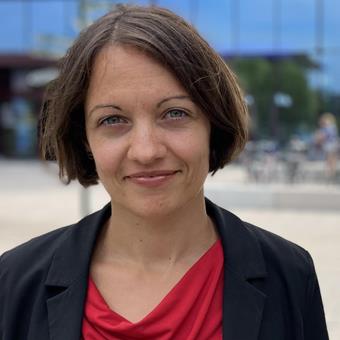Tema Q's main focus and strengths lie in the areas of mediated culture, cultural heritage and form, aesthetics and design.
Mediated Culture
Research in mediated culture has a broad focus and includes studies of both media texts and their production, dissemination, use and regulation. We examine the mediation and materiality of culture from both contemporary and historical perspectives, while striving towards interdisciplinarity and methodological innovation.
We have a unique expertise in intellectual property and various forms of regulatory practices related to media technology and knowledge-circulating principles.
Of special interest are the connections between materiality and the formal and informal norms through which knowledge circulates in society. Our current multidisciplinary research on patents and knowledge circulation focuses on the relationship of patents to documents, files and information history, which connects to perspectives from media-archeology and material culture. Here, Tema Q is in conversation with a lively and interdisciplinary international research front that spans a number of disciplines that share a common interest in how artistic works, knowledge and innovation are regulated, controlled and owned.
Cultural heritage
In practices such as collecting, archiving, exhibiting and performing meaningful pasts, what inheritances are retained in the future and why are some memories, histories and material remnants given priority while others are obscured? Cultural heritage research at Tema Q studies the changing meanings and use of both material and intangible cultural heritage within and outside institutions. We contribute interdisciplinarily to the development of research fields such as critical heritage studies, museology and cultural memory studies.
Our research is especially focused on critically understanding digital practices through the political, democratic, economic and material effects of the digitization and globalization of meaningful pasts.
Another area of strength is our research on evolving societal roles of museums. In this area we contribute with theoretical and methodological reflection on the continuously changing frameworks for the social relevance of museums and archives. Furthermore, our research focuses on the relations between intellectual property and cultural heritage, and on ownership and the use of common assets in relation to traditional knowledge and natural resources.
The Forum for Form, Aesthetics and Design
The Forum for Form, Aesthetics and Design is a platform intended to initiate, inspire and develop the interaction between interpretative perspectives and undergraduate education, research, and infrastructure at the Department of Culture and Society. The forum unites the aesthetic, interpretive and craft-centred fields of undergraduate education and the interdisciplinary approach on which these fields are based.
The Forum integrates theoretical and practical perspectives into its scientific foundation. The Forum hosts an advanced seminar series associated with form and craft studies, where invited speakers present artistic projects, discuss current research and collaborate on applications for research grants, etc.




